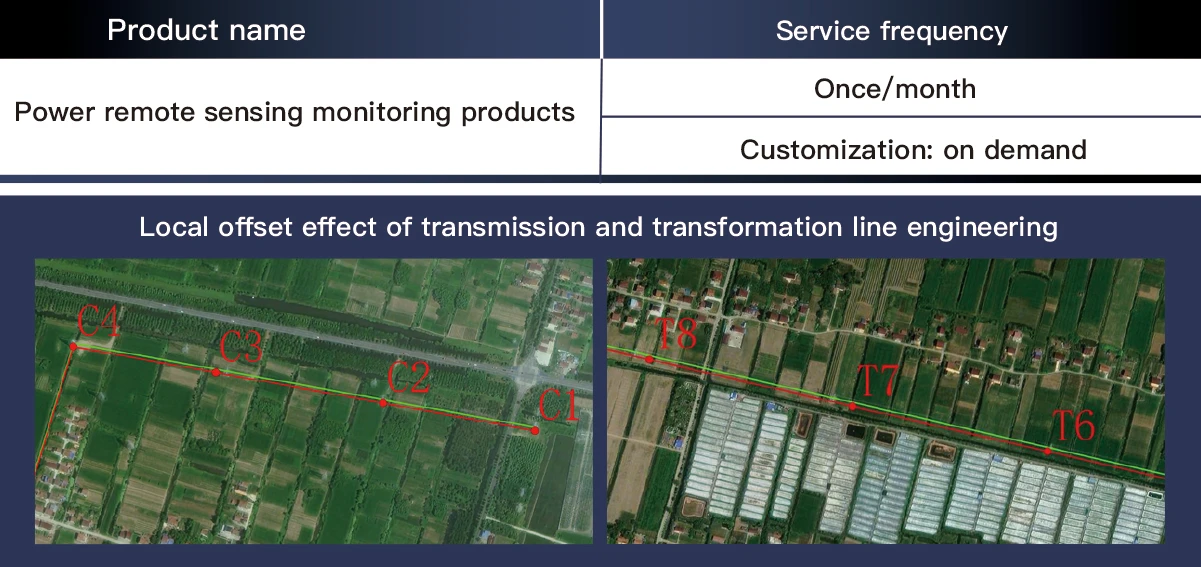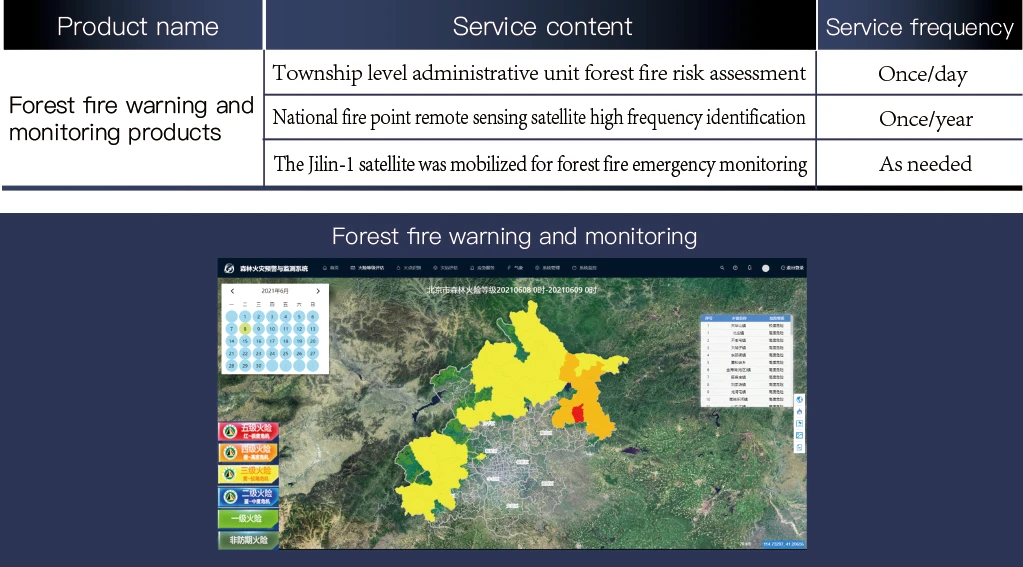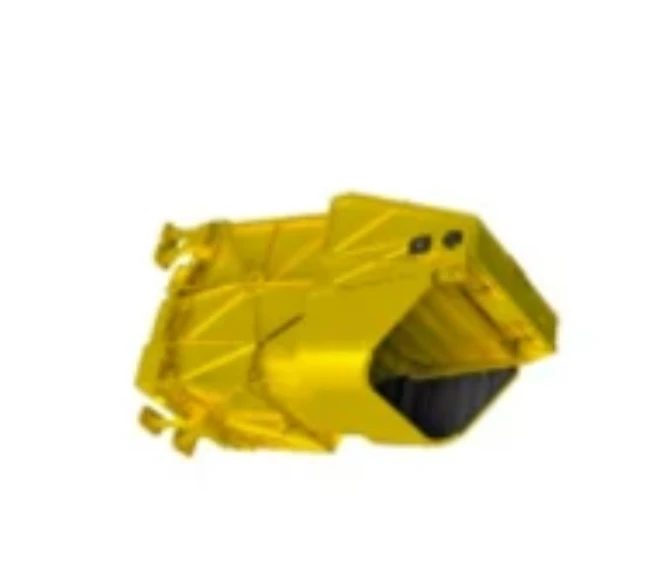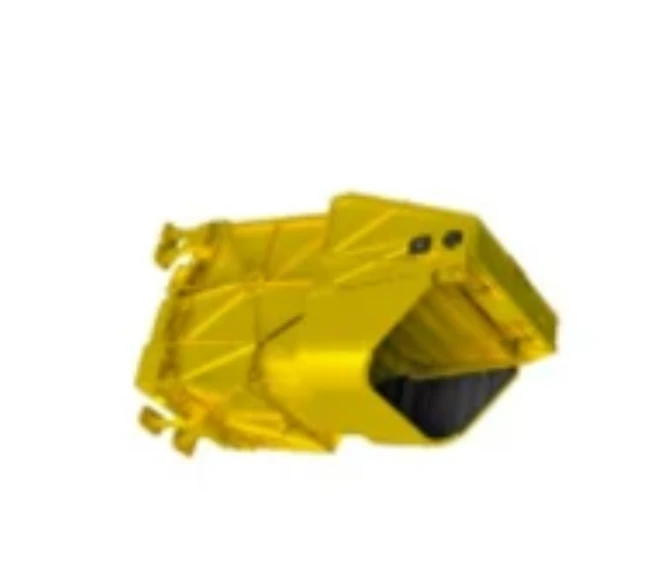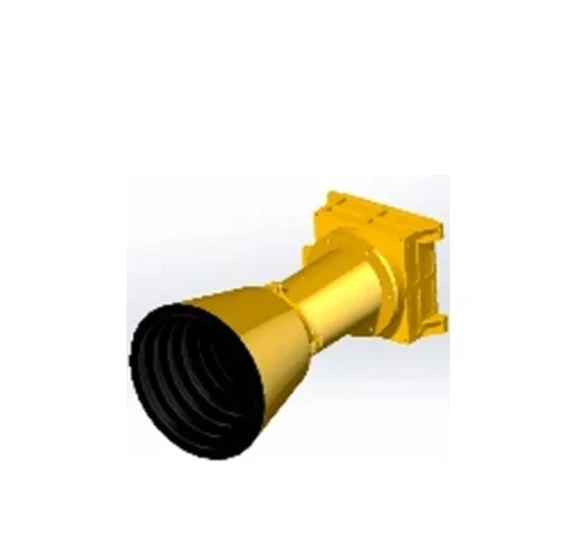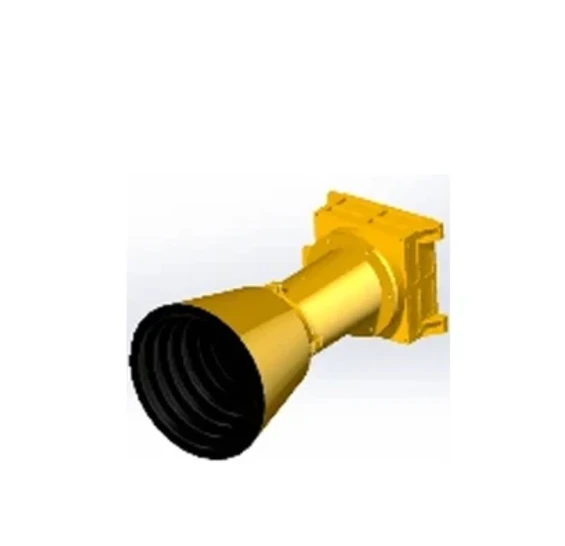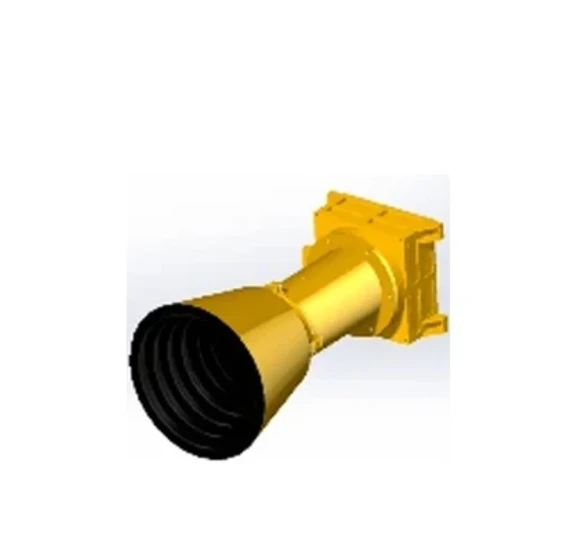
- αφρικανός
- Αλβανός
- Αμαρικά
- αραβικός
- αρμενικός
- Αζερμπαϊτζάν
- Βάσκος
- Λευκορωσική
- Μπενγκάλι
- Βόσνιος
- Βούλγαρος
- καταλανικά
- Cebuano
- Κίνα
- Κορσικανός
- Κροατία
- Τσέχος
- δανικός
- Ολλανδός
- αγγλικός
- εσπεράντο
- Εσθονικά
- φινλανδικός
- Γάλλος
- Φριζ
- Γαλικιανός
- Γεωργιανή
- Γερμανός
- ελληνικά
- Γκουτζαράτι
- Κρεολική Αϊτής
- Hausa
- Χαβάης
- Εβραϊκά
- Οχι
- Miao
- ουγγρικός
- ισλανδικός
- igbo
- Ινδονησιακά
- ιρλανδικός
- ιταλικά
- Ιαπωνικά
- Ιάβας
- Κανάντα
- καζακικά
- Χμερ
- Ρουάντα
- κορεάτης
- κουρδικά
- Κιργιζικά
- Εργασία
- λατινικά
- λετονική
- Λιθουανικά
- Λουξεμβουργιανό
- Μακεδόνας
- Μαδαγασκάρης
- Μαλαισίας
- Μαλαγιαλάμ
- μαλτέζος
- Μαορί
- Μαράθι
- Μογγόλος
- Μιανμάρ
- Νεπάλ
- Νορβηγός
- Νορβηγός
- Οξιτανός
- Πάστο
- περσικός
- Στίλβωση
- Πορτογάλος
- Παντζάμπι
- ρουμανικός
- ρωσικός
- Σαμόα
- Σκωτσέζικη Γαελική
- Σέρβος
- αγγλικός
- Σόνα
- Σίντι
- Σινχαλά
- Σλοβάκος
- Σλοβενική
- Σομαλός
- ισπανικά
- Σουνδανή
- Σουαχίλι
- σουηδικά
- Ταγκαλόγκ
- Τατζικιστάν
- Ταμίλ
- Τατάρος
- Τελούγκου
- Ταϊλανδός
- τούρκικος
- Τουρκμενιστάν
- Ουκρανός
- Ουρντού
- Ουιγούρης
- Ουζμπεκιστάν
- Βιετναμέζικο
- Δεν πληρώνω τα οφειλόμενα
- Βοήθεια
- γερμανοεβραϊκή διάλεκτος
- Γιορούμπα
- Ζουλού
Satellite Bus Design: Building The Backbone Of Satellite Networks
In the ever-evolving world of aerospace technology, the Σχεδιασμός δορυφορικού λεωφορείου stands as a foundational element in creating reliable, high-performance satellite systems. As satellites continue to support everything from global communications to satellite remote sensing, the demand for sophisticated and cost-effective platforms is driving innovation among top κατασκευαστές δορυφορικών λεωφορείων. Understanding what is SATCOM, how satellite platforms in remote sensing work, and the structure behind them is essential for decision-makers in both government and commercial sectors.
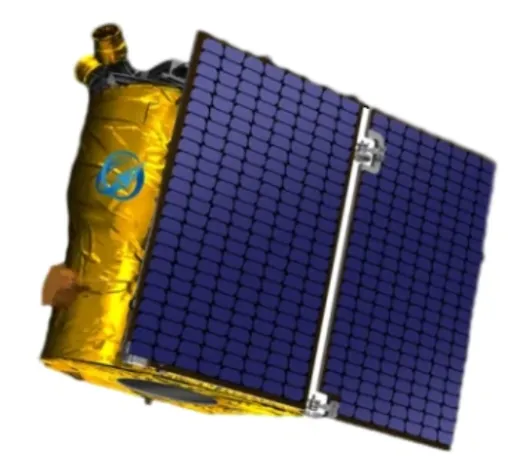
What Is A Platform Satellite?
A platform satellite refers to the spacecraft structure that supports the mission payload, such as optical sensors, communication modules, or radar systems. This structural framework—often called the satellite bus—is responsible for providing power, thermal regulation, attitude control, and communications.
In applications like Earth observation, these satellite platforms in remote sensing house instruments that collect high-resolution data used in agriculture, disaster management, and environmental monitoring. The versatility of modern Σχεδιασμός δορυφορικού λεωφορείου enables customization for specific missions, whether it's a climate-monitoring satellite in polar orbit or a telecom satellite in geostationary orbit.
When assessing mission feasibility, organizations consider not only functionality but also the κόστος δορυφορικού λεωφορείου, which can vary based on size, capabilities, and required lifespan. For CubeSats or small satellites, using a compact and modular cubesat platform or cubesat bus offers a balance between performance and affordability.
The Role Of Satellite Bus Manufacturers In System Integration
Reliable satellite missions depend heavily on trusted κατασκευαστές δορυφορικών λεωφορείων who specialize in building integrated systems that meet stringent launch and operational requirements. These manufacturers ensure the bus structure can handle the payload and maintain operation over time in harsh space environments.
Key components in Σχεδιασμός δορυφορικού λεωφορείου include:
Structural frame for mechanical support
Electrical subsystems for power distribution
Thermal control systems for heat regulation
Communication units for downlink/uplink
Propulsion systems (where applicable)
When tailored for satellite platforms in remote sensing, additional considerations include payload stability, data bandwidth, and pointing accuracy. A well-engineered satellite bus structure ensures long-term mission success with minimal intervention.
SATCOM, VSAT, And The Broader Satellite Communication Network
To grasp the significance of a robust satellite bus, it’s important to understand what is SATCOM—short for satellite communications. SATCOM provides the infrastructure for data transmission across continents and oceans, enabling services such as live broadcasting, mobile communications, and military operations.
But how does SATCOM fit within the broader discussion of what are satellite networks? A satellite network typically involves several satellites, ground stations, and user terminals working together to provide seamless data connectivity. A common application is the VSAT network, which utilizes small terminal antennas to send and receive data in rural or remote locations.
If you’ve ever wondered what is VSAT network capability—think of it as a reliable, satellite-based broadband system, often supported by small satellites with modular cubesat buses. These systems are critical for emergency response teams, maritime services, and enterprises operating in hard-to-reach areas.
As space missions become more frequent and diversified, the role of well-designed satellite infrastructure is increasingly vital. Whether it's lowering the κόστος δορυφορικού λεωφορείου for commercial access or enhancing the durability of platform satellites in long-duration missions, manufacturers must continuously innovate to stay ahead.
For those exploring what is satellite in networking, the answer lies not only in orbit but also in the engineering behind the scenes. Through collaborative development, SpaceNavi and its partners are delivering advanced Σχεδιασμός δορυφορικού λεωφορείου solutions that meet the needs of tomorrow’s satellite networks, offering clients both performance and cost efficiency.


